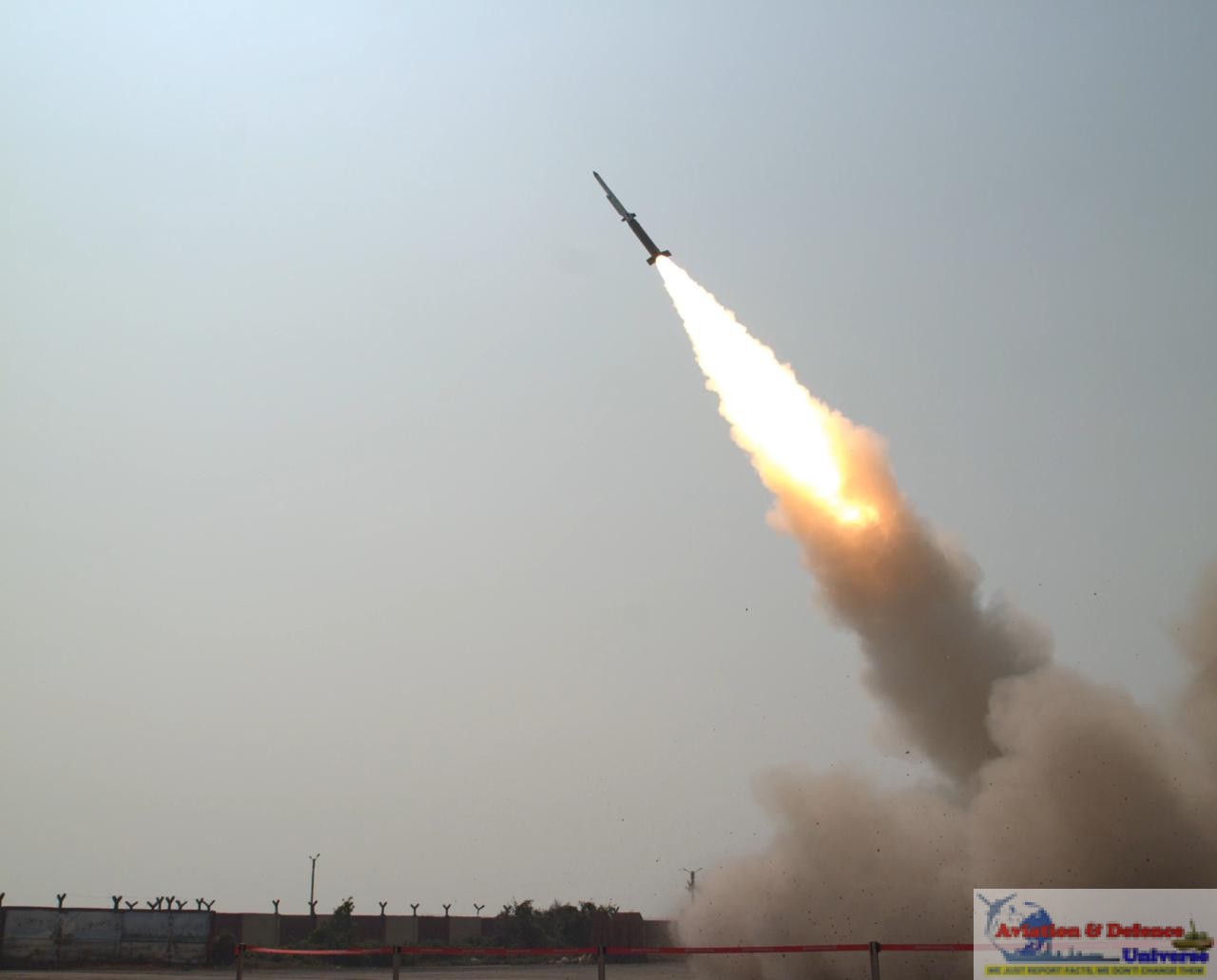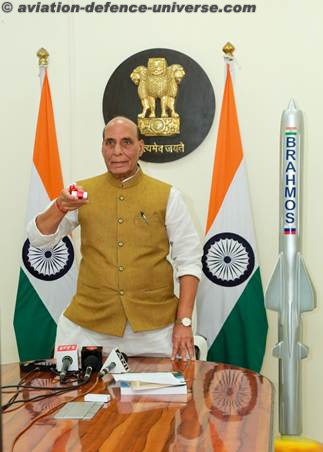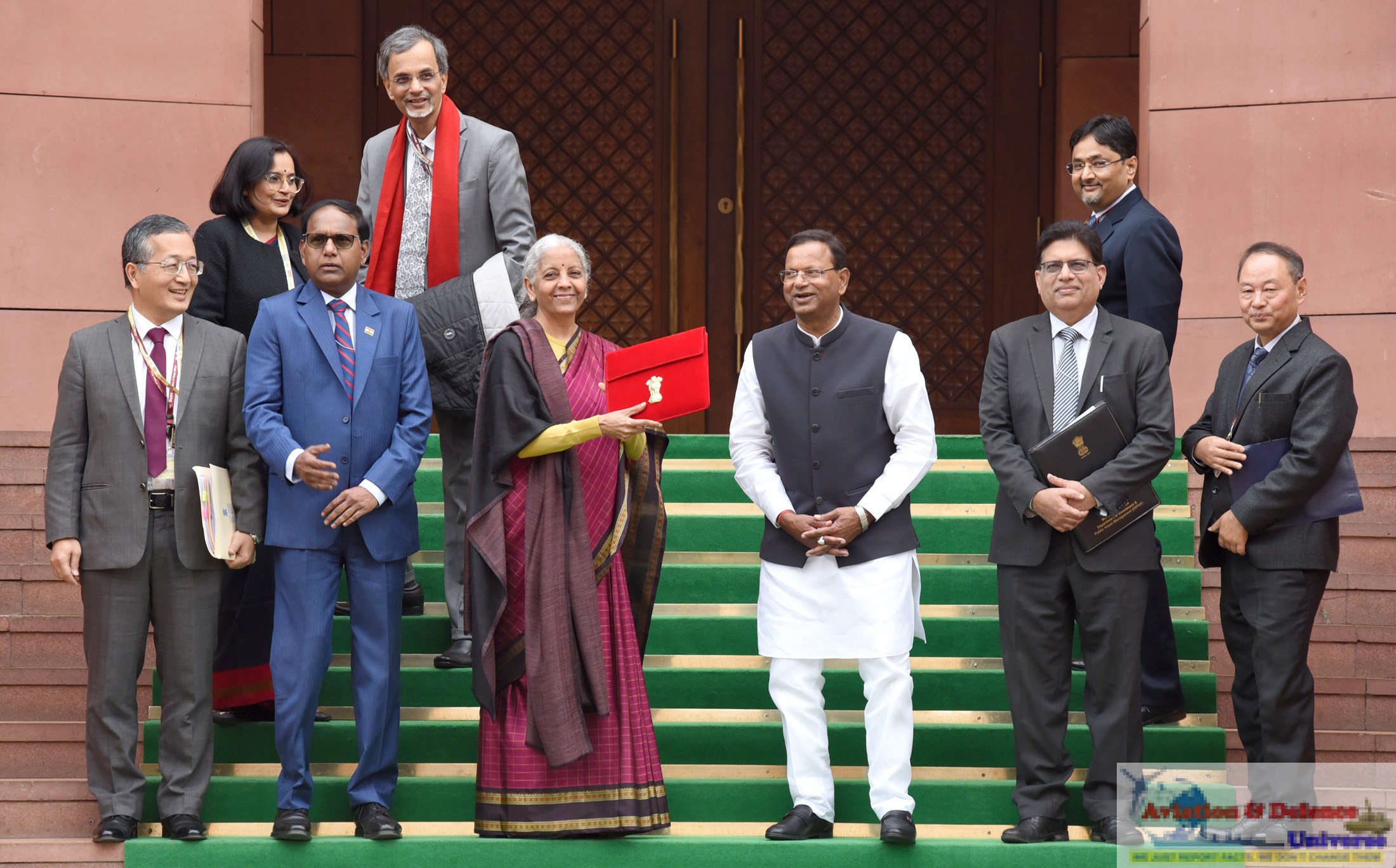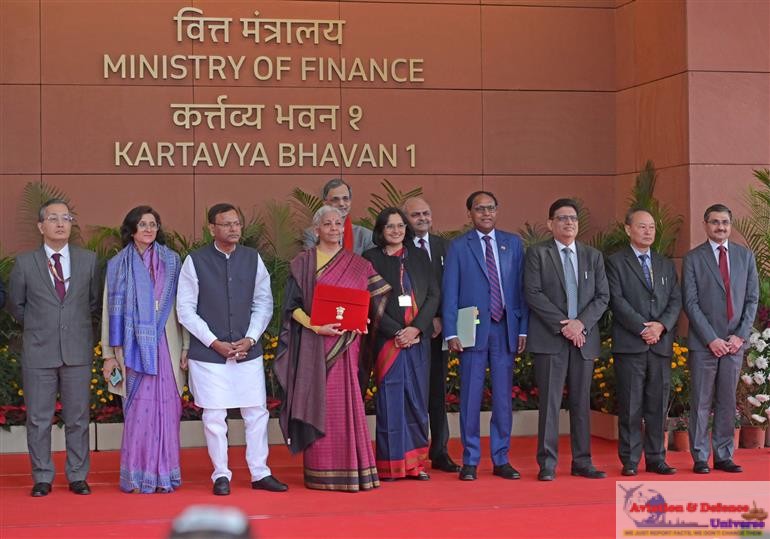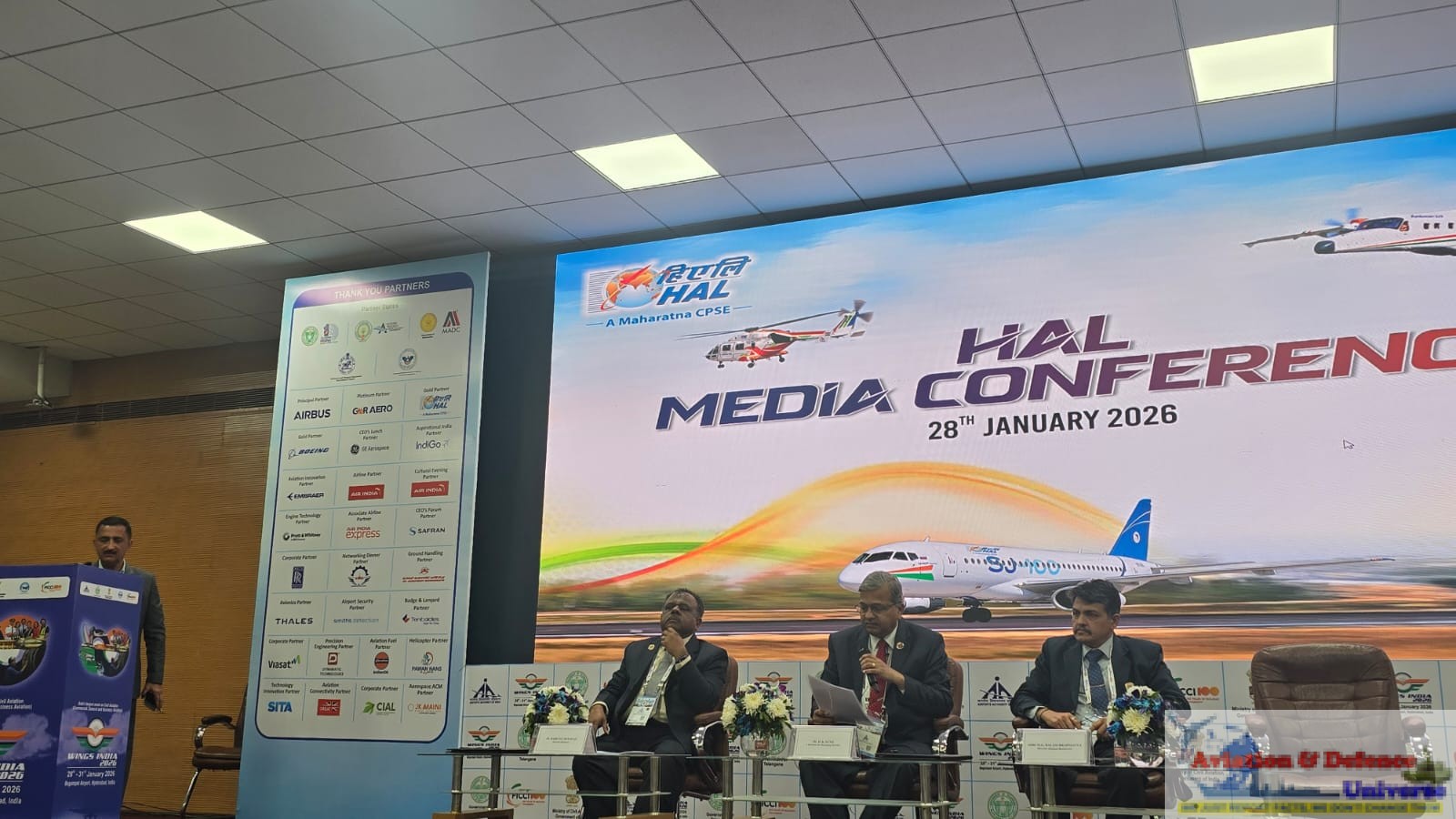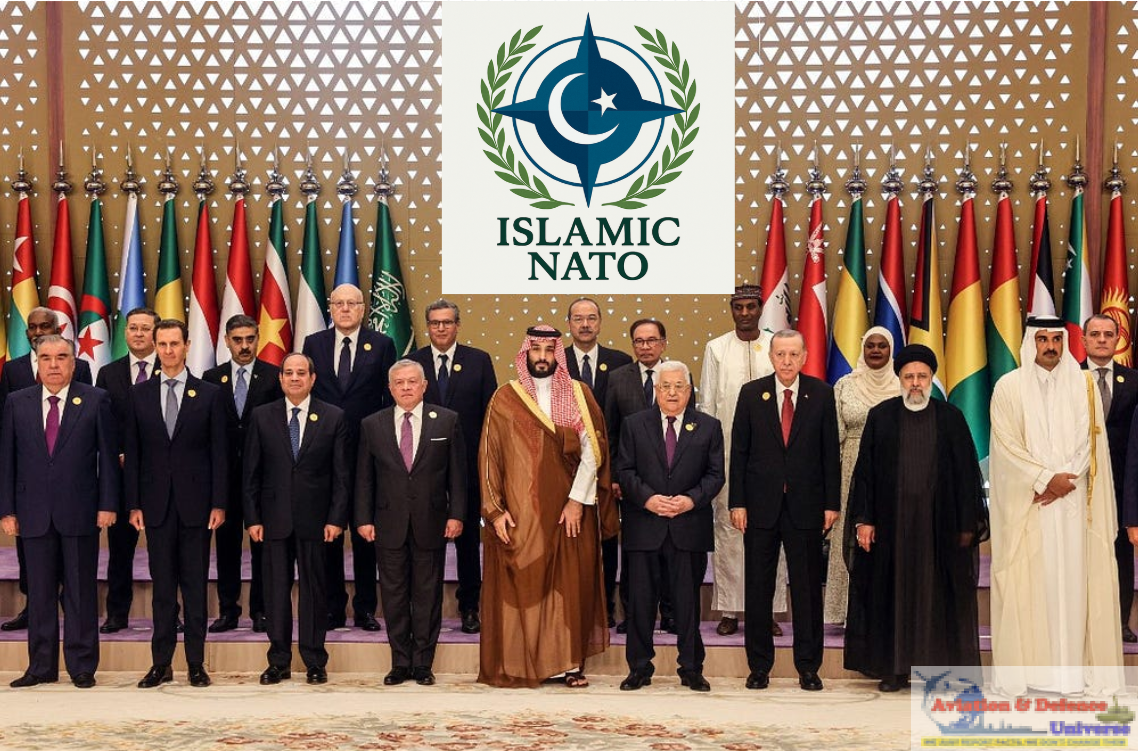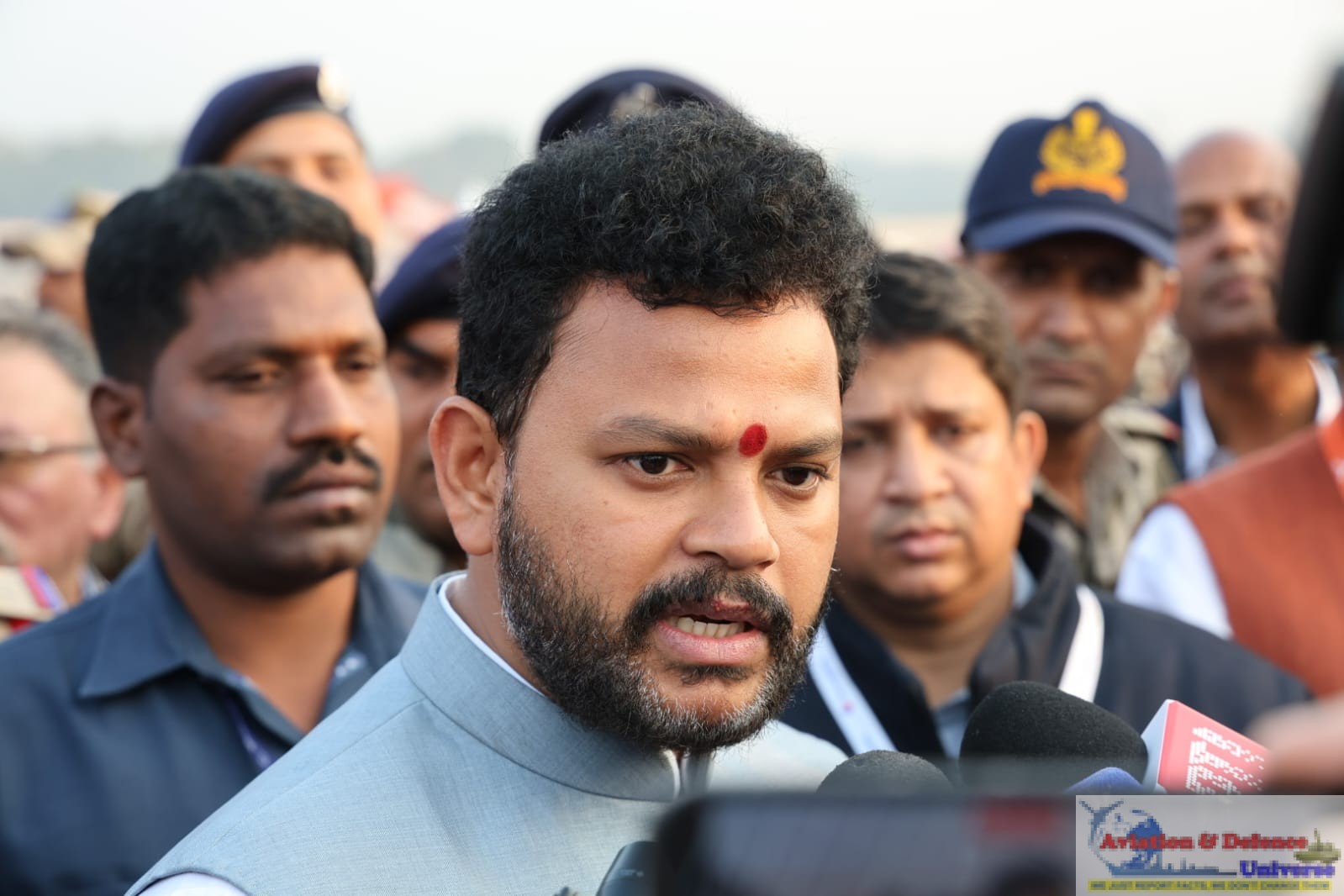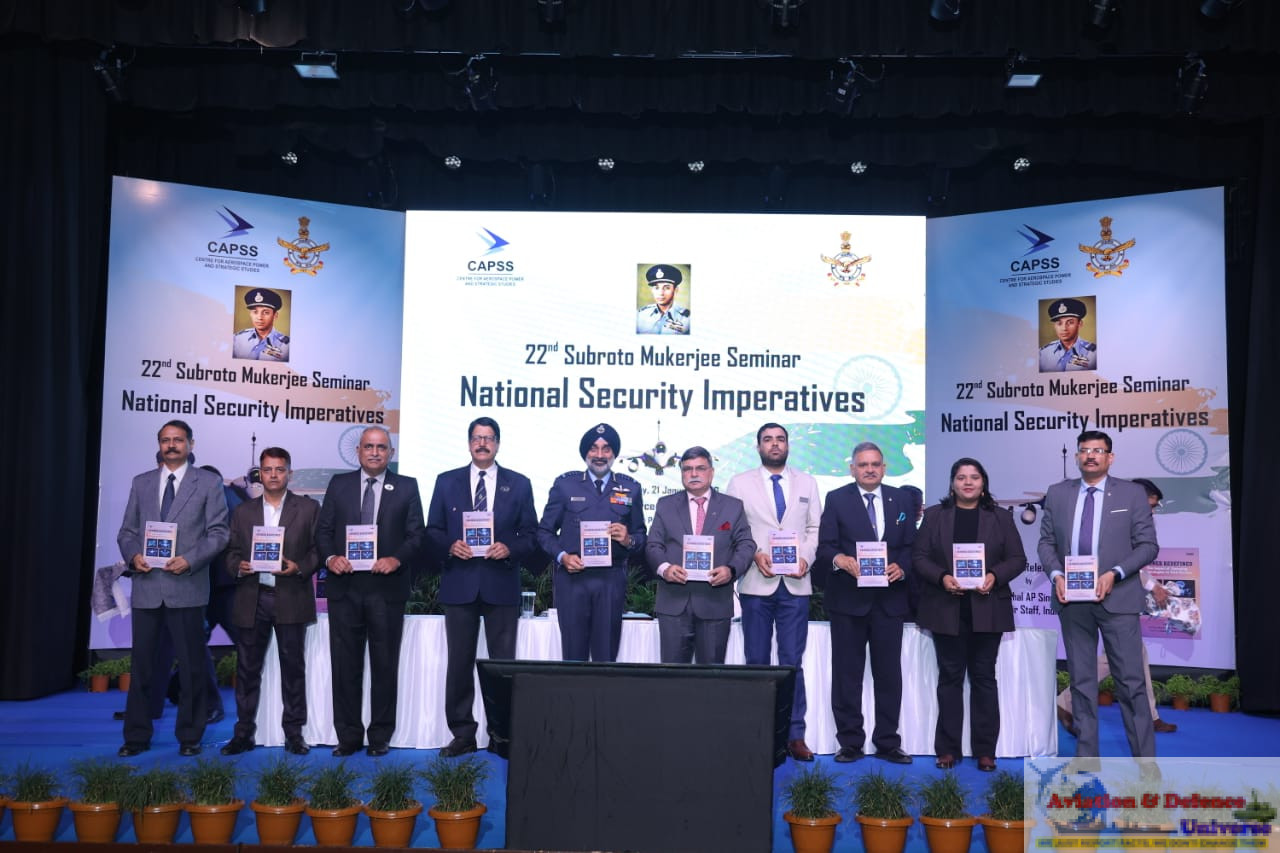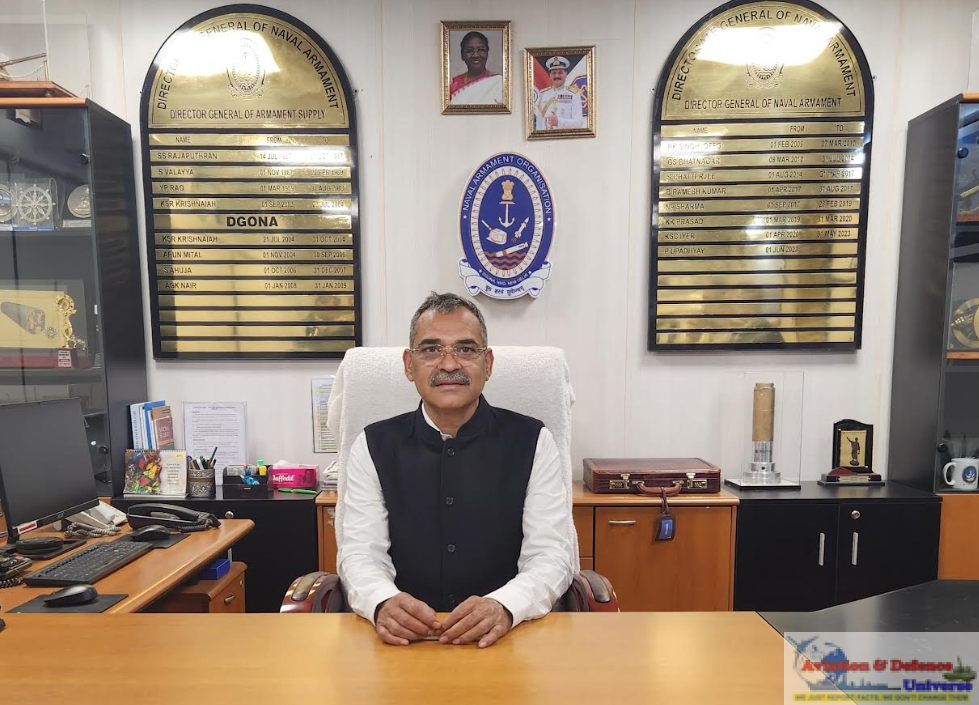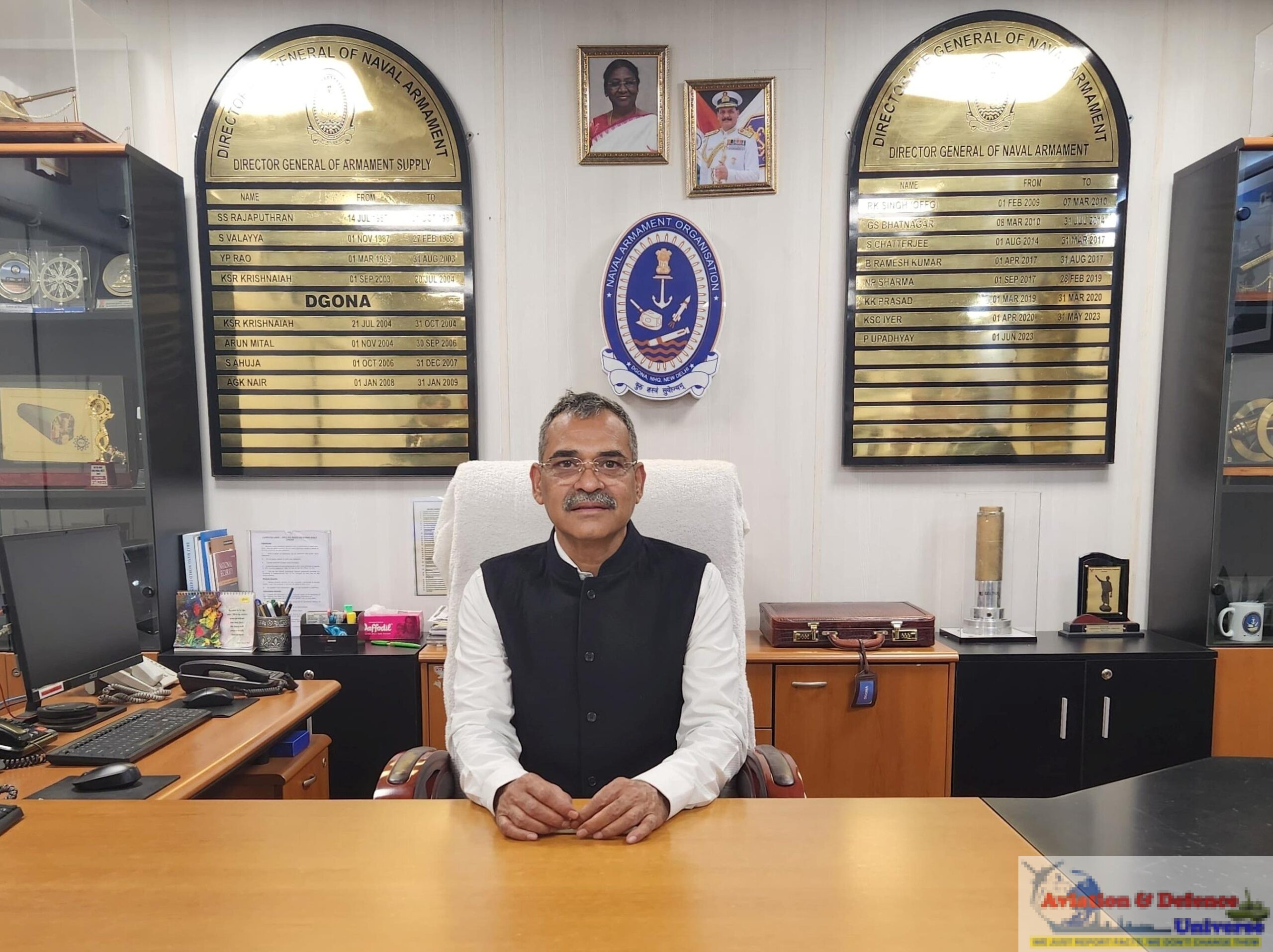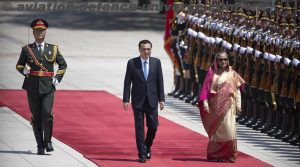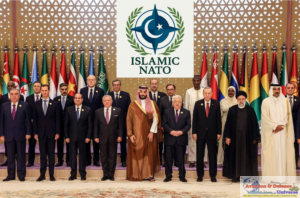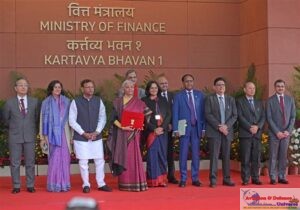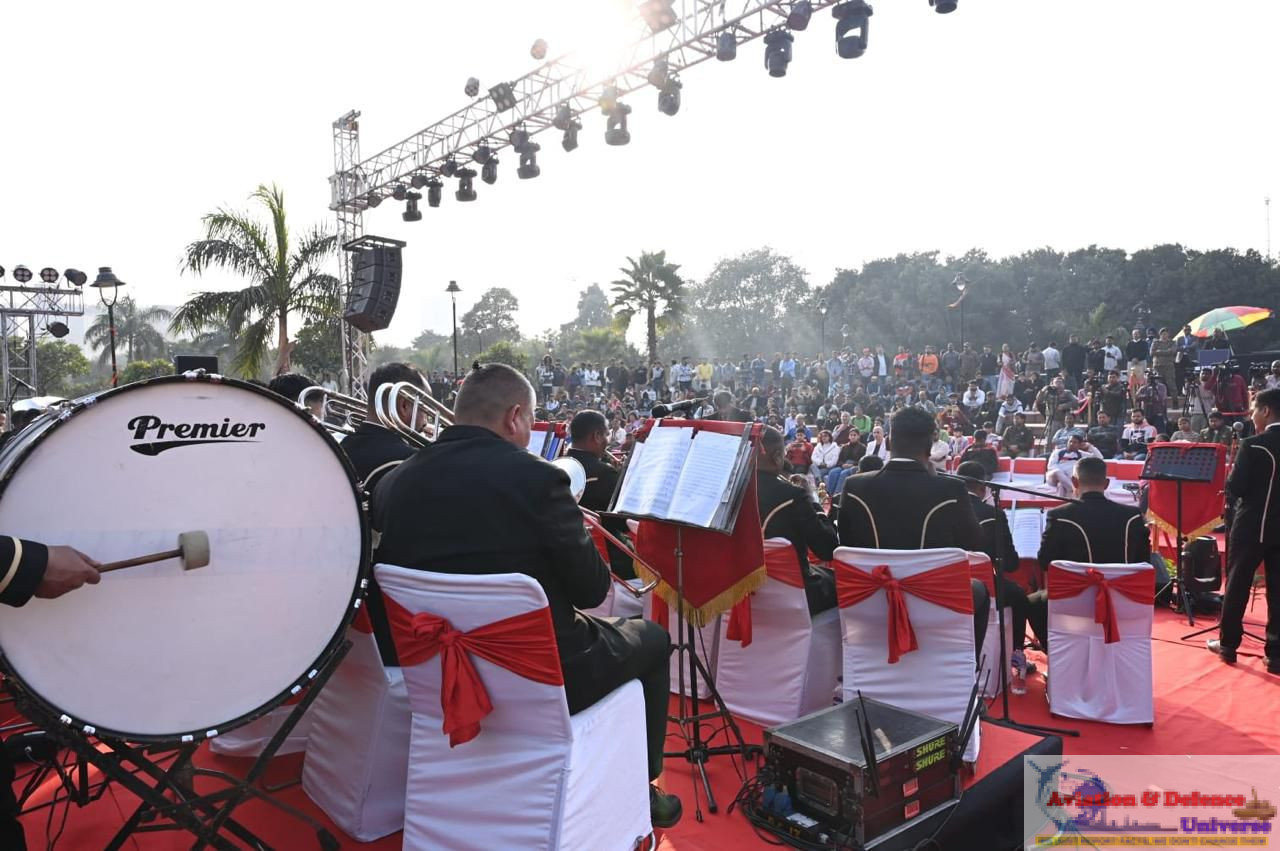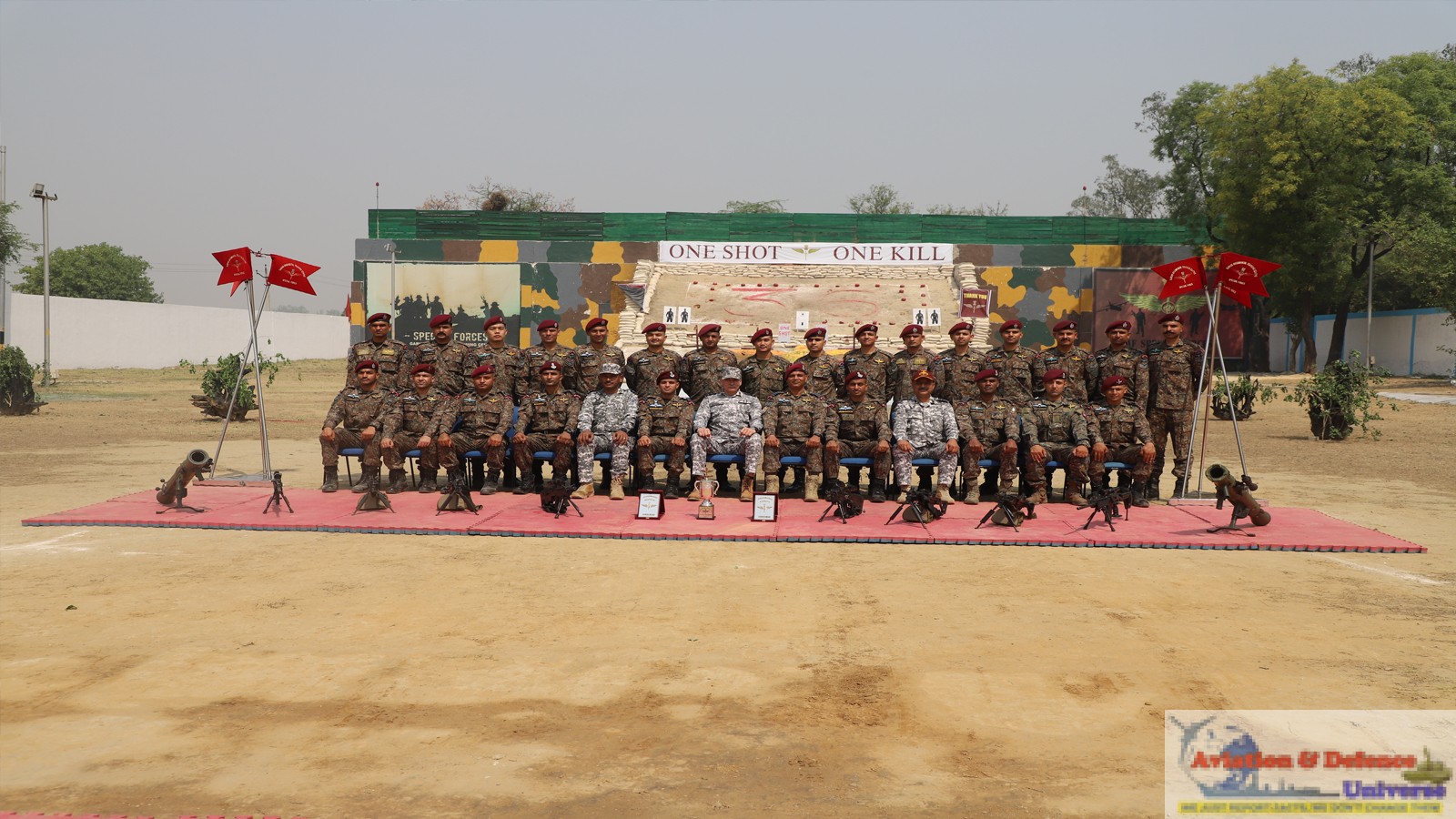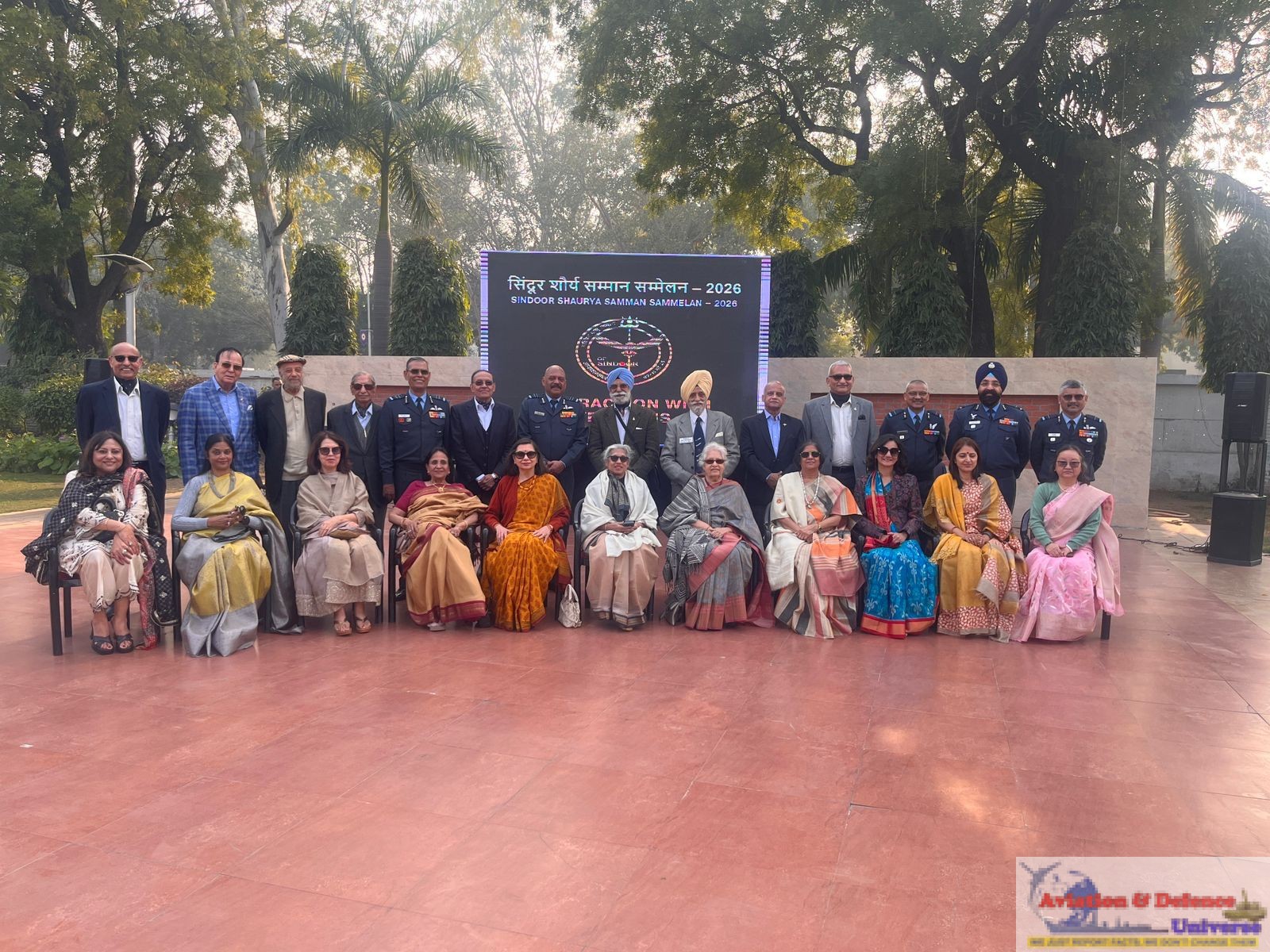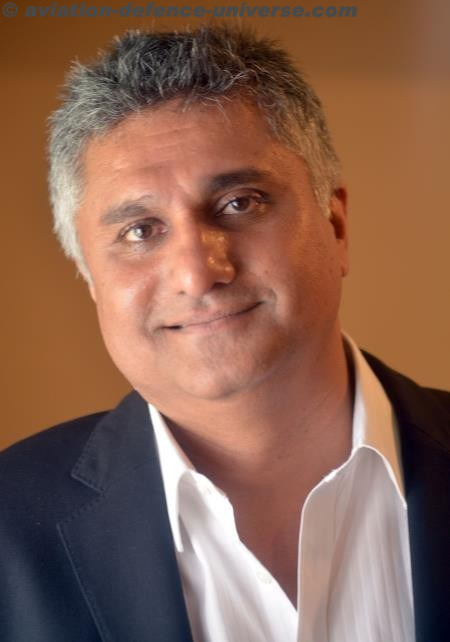
By Jai Kumar Verma
New Delhi. 19 September 2024. It has been a month and a half since a political crisis in Bangladesh, marked by the ousting of Prime Minister Sheikh Hasina, highlighting the complex interplay of internal and external forces that have reshaped the nation’s political landscape. Once celebrated for its rapid economic growth under Hasina’s leadership, Bangladesh is now grappling with widespread unrest, protests, and foreign interference. Despite impressive achievements in infrastructure, energy, and cross-border cooperation, deep-rooted public dissatisfaction with governance, coupled with external pressures from actors such as Pakistan’s ISI, has led to a turbulent power shift. Nobel laureate Mohammed Yunus now leads an interim government amidst growing tensions, while Hasina seeks refuge abroad. These developments carry significant implications for Bangladesh’s stability, regional security, and India’s strategic interests in the region.
The present turmoil in Bangladesh proves that economic growth alone is not sufficient for keeping the masses silent and satisfied. The public wants distribution of wealth, equality, adequate job creation, medical expertise and educational facilities in addition to many other things. In the present age of social media, rebellion of masses cannot be suppressed by force. The economy of Bangladesh grew very fast under the leadership of Sheikh Hasina. The annual GDP growth rate was consistently above 6 percent and reached 7.3 percent in 2018 and Bangladesh became the fastest growing economy in Asia. Hasina successfully addressed issues of power supply and also made efforts to develop the infrastructure of the country. Hasina also developed cross-border cooperation in multiple areas including development of roads, bridges, tunnels and power supply. Bilateral trade of Bangladesh increased with India, China and other countries. Readymade Garment Industry (RMG)’s export was considerably enhanced, remittances increased, and service and construction industries were doing good.
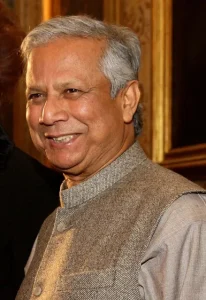
However, the agitation which started against reservation of jobs in government services soon turned to be against Awami League and demonstrators started demanding the resignation of Prime Minister Sheikh Hasina. Clashes occurred between protesters and Awami League (AL) supporters. Police also resorted to firing to control the demonstrators in which more than 300 persons lost their lives within a fortnight of demonstrations, which became violent and police was unable to control them. Hasina requested the Army Chief to restore law and order, who showed his inability, which forced Hasina to resign and leave the country on 5th August 2024. Soon after her departure the protesters entered Prime Minister’s official residence and created rampage and wrecked statues of Sheikh Mujibur Rehman, popularly known as Bangabandhu.
Sheikh Hasina fled to India and contemplating to take asylum in a third country. Khalida Zia her arch rival, former Prime Minister and Chief of Bangladesh National Party (BNP) was released from prison along with several protesters and her party leaders. On 8 August Nobel laureate Mohammed Yunus took oath as head of the interim government, along with 13 of his 16-member cabinet. His official designation is Chief Advisor of the government. The leaders of Awami League (AL) allege that Jamaat-e-Islami (JEI) and BNP were behind the protest. The minorities including Hindus, Ahmadiyya, faced more than 200 attacks, their temples were damaged, and Hindus were killed. In total contradiction of Interim government’s chief adviser Yunus statement that “We are a nation of communal harmony. No one shall do any act that destroys religious harmony”, Home Affairs adviser Lt. General (retd) Jahangir Alam Chowdhury told to Hindu community to stop activities of Durga puja particularly music playing during Azan and Namaz. Azan and Namaz are five times a day. This discriminatory order came just few days before Durga Puja to satisfy the fundamentalists in the country.
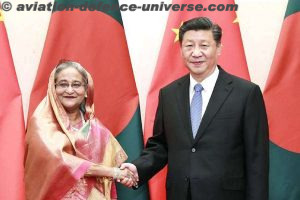
All internal and external forces joined hands and worked against Hasina and her party Awami League but once she was ousted and was forced to leave Bangladesh, the differences between the parties opposing her came on surface. BNP which is an anti-India party wants that there should be early elections so that the party can encash anti-Awami League sentiments. BNP also wants that Jamaat-e-Islami (JEI) which was in the forefront during agitation should leave place for BNP as it is the main opposition party. JEI leaders claim that the agitation was their handiwork, and they lost their workers hence they should remain in lead role. It has close ideological links with Muslim Brotherhood, ultra-Islamists Hefazat-e-Islam, Islamic State (IS), Al Qaeda in the Indian Subcontinent (AQIS), and the Pakistani based Lashkar-e-Taiba.
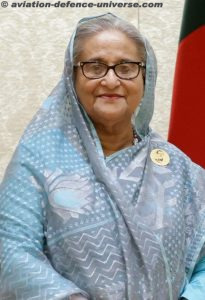
Mohammed Yunus, who has support of U.S. and Bangladesh Army Chief, is against early elections as he also wants to retain power. He claims that the country needs several reforms urgently and for that he constituted six committees for reforms (i)Electoral Committee, (ii) Police administration, (iii) Judiciary (iv)Anti-corruption (v)Public Administration and (vi) Constitution. The reports of these committees and the reforms etc. would take time and elections can be held after it. Nevertheless, it is uncertain how long the army chief who refused to help his relation Hasina would continue to support Yusuf. It will not be easy for Yusuf to withstand the pressure from political parties which are insisting for early polls.
Bangladesh analysts suggest that the protests were orchestrated by Pakistan’s Inter-Services Intelligence (ISI), which incited and funded fundamentalist groups, particularly Jamaat-e-Islami (JEI), which played a leading role in the unrest.
Same way foreign powers worked together to overthrow Sheikh Hasina although their interests were different. According to reports US wants a military base to counter China which in turn wants to reduce influence of U.S. and India in Bangladesh. ISI wants to start anti-India operations and there are reports that Pakistan would try to make a confederation with Bangladesh. Here it is significant that Awami League and Sheikh Hasina have very good following in the country. She was ruling the country continuously from last 15 years. She ruled before that too. Her father and family gave supreme sacrifice and took out Bangladesh from the clutches of Punjabi dominated Pakistan. Hence no one should underestimate following of Awami League and Sheikh Hasina.
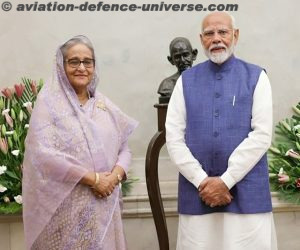
Bangladesh wants that India should hand over Sheikh Hasina to them. There is extradition treaty between both the countries. But the chances that India would hand her over to Bangladesh is remote, as Bangladeshi authorities have put more than 100 cases against her. As Pakistan supported elements are indulging in anti-India rhetoric in the country without realising that key sectors of the country including security cooperation, trade relations, the power sector and movement of goods and people would be adversely affected. Transboundary water collaboration with India is also crucial.
India is closely monitoring the turmoil in Bangladesh, as a political crises across South Asia have direct implications for the region, including India. The government led by Mohammed Yunus is grappling with ongoing instability, and despite its commitment to maintaining strong ties with India, ISI-backed extremist factions are fostering an anti-India sentiment within Bangladesh.
Sheikh Hasina has long-standing ties with India. After the assassination of her father and other family members in 1975, she and her sister sought refuge in India until her return to Bangladesh in 1981. Upon her arrival, she was met by Ajit Doval, India’s National Security Advisor, reflecting the depth of their relationship.
While there is currently a wave of anti-India sentiment, a significant portion of the Bangladeshi population still acknowledges India’s crucial role during the 1971 independence movement and the legacy of Sheikh Hasina’s father. As India navigates the current situation, it must recall Hasina’s efforts in curbing ISI-sponsored anti-India activities from Bangladeshi soil. Under her leadership, ISI was prevented from training and infiltrating terrorists into India’s northeastern states. There is a real possibility that, with Hasina’s removal, ISI may resume its operations against India through Bangladesh.
China, which views India as a strategic rival, is likely to exploit this instability, seeking to increase its influence in Bangladesh. By doing so, China could support Pakistan’s efforts to revive terrorism in India using Bangladeshi territory. Meanwhile, Yunus and the military have struggled to restore order in Bangladesh, with more than a month passing since Hasina’s ouster. The growing influence of JEI and the rising tide of radicalization and Islamic extremism are further destabilizing the country. These developments pose serious risks for India’s security and regional stability.
Sheikh Hasina’s son Sajeeb Wajid gave multiple interviews after her ouster. In these interviews he made it clear that his mother had not resigned, she left the country because she wanted that the students and protesters should not be harmed. He also alleged that the demonstrations were conducted by handful of persons on the instigation of foreign forces especially ISI. He made it clear that Hasina would go back to Bangladesh once democracy is restored and she is in touch with her party leaders. He also claimed that though he is not interested in politics but as there is a leadership vacuum in the country he may go for the sake of party and country. Joy as he is fondly called, hoped that Indian government should pressure the current Bangladesh government to restore democracy and hold free and fair elections in which Awami League can participate.
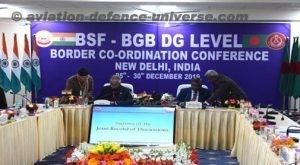
India and Bangladesh share a 4,096-Kilometre-long border, besides West Bengal it also share border with Assam, Tripura, Mizoram and Meghalaya. ISI created and assisted terror outfits in Northeastern states firstly from East Pakistan and afterwards with the help of BNP, JEI etc. Once Hasina came to power she stopped ISI activities from Bangladesh. China is also trying to increase its influence in Bangladesh hence India needs a friendly democratic government in Dacca. Consequently, India should not abandon Sheikh Hasina and should try to have free and fair elections in Bangladesh. The possibility that Awami League under the leadership of Sheikh Hasina or someone else comes to power cannot be ruled out, as only a thin minority was involved in the anti-Hasina protests. Awami League has still large following in Bangladesh.
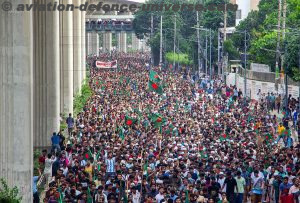
The political turmoil in Bangladesh following Sheikh Hasina’s departure has created a volatile situation with far-reaching consequences for the country and its neighbours, particularly India. The rise of fundamentalist elements like Jamaat-e-Islami (JEI), the potential re-emergence of ISI-backed terrorist activities, and China’s growing influence complicate the scenario further. While Bangladesh’s interim government struggles to stabilize the nation, calls for early elections persist, with opposition parties vying for power. India, which shares deep historical ties and a long border with Bangladesh, faces the challenge of balancing diplomatic efforts to maintain stability while addressing the growing anti-India sentiments fuelled by extremist factions. Given Hasina’s pro-India stance and her efforts to curb ISI activities in the past, India may find it crucial to advocate for a democratic and peaceful resolution to the crisis, ensuring that a friendly and stable government emerges in Dhaka.
(Jai Kumar Verma is a Delhi-based strategic analyst and member of United Services Institute of India and The Manohar Parrikar Institute for Defence Studies and Analyses,. The views in the article are solely the author’s. He can be contacted at editor.adu@gmail.com)











